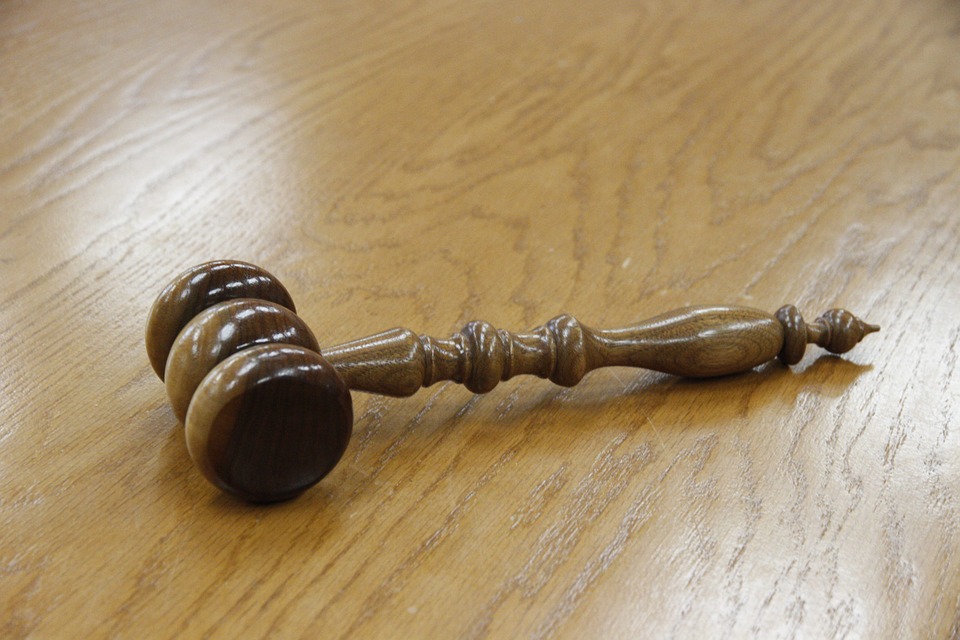The Plaintiff, Muhammed Chowdhury, sued his former employer, Hamza Express Food Corp. (“Hamza”), alleging that he was not paid his full overtime wages in violation of the Fair Labor Standards Act (“FLSA”) and the New York Labor Law (“NYLL”). Hamza did not bother to participate in the litigation and accordingly lost by default. During the hearing to determine how much Chowdhury would be awarded in damages, the Judge recommended that he receive an award of $21,498.75 in unpaid overtime wages and $21,498.75 in liquidated damages. Arguing that he was entitled to a greater amount in liquidated damages, Chowdhury appealed to the United States Court of Appeals for the Second Circuit.
By way of background, both the FLSA and the NYLL permit an employee to be awarded liquidated damages in an amount equal to the amount owed in unpaid wages. This was precisely the basis of Chowdhury’s appeal as he sought two discrete liquidated damages awards: one under the FLSA, and one under the NYLL. Since the Judge denied Chowdhury’s recovery of liquidated damages under the NYLL, concluding that it would constitute a double recovery, he appealed in an effort to overturn that decision.
On appeal, the Second Circuit reviewed both the text of the NYLL as well as its legislative history, including the fact that the New York State legislature had twice amended the NYLL’s liquidated damages provision to conform as closely as possible to the FLSA’s. Finding that the two provisions are now practically identical in all material respects, serve the same functions, and redress the same injuries, the Second Circuit affirmed the lower court’s decision denying a dual recovery of liquidated damages.
The practical implications of Chowdhury v. Hamza Express Food Corp. cannot be overstated. Prior to this decision a number of judges actually agreed with Chowdhury and awarded a dual recovery of liquidated damages under both the FLSA and the NYLL. As judges are randomly assigned cases, an employer’s potential exposure changed greatly depending entirely on chance. Draw the wrong judge and risk facing an additional liquidated damages penalty. With judges’ decisions being public record, an employer would often times be at the mercy of a plaintiff and his or her attorney who knew they drew a favorable judge. In the wake of Chowdhury, that type of leverage will no longer be available.
“Second Circuit Rejects Award of Double Liquidated Damages in Wage and Hour Litigation” was written by Brian Klein; for more information on this, please do not hesitate to contact one of the attorneys at Franklin, Gringer & Cohen, P.C.


